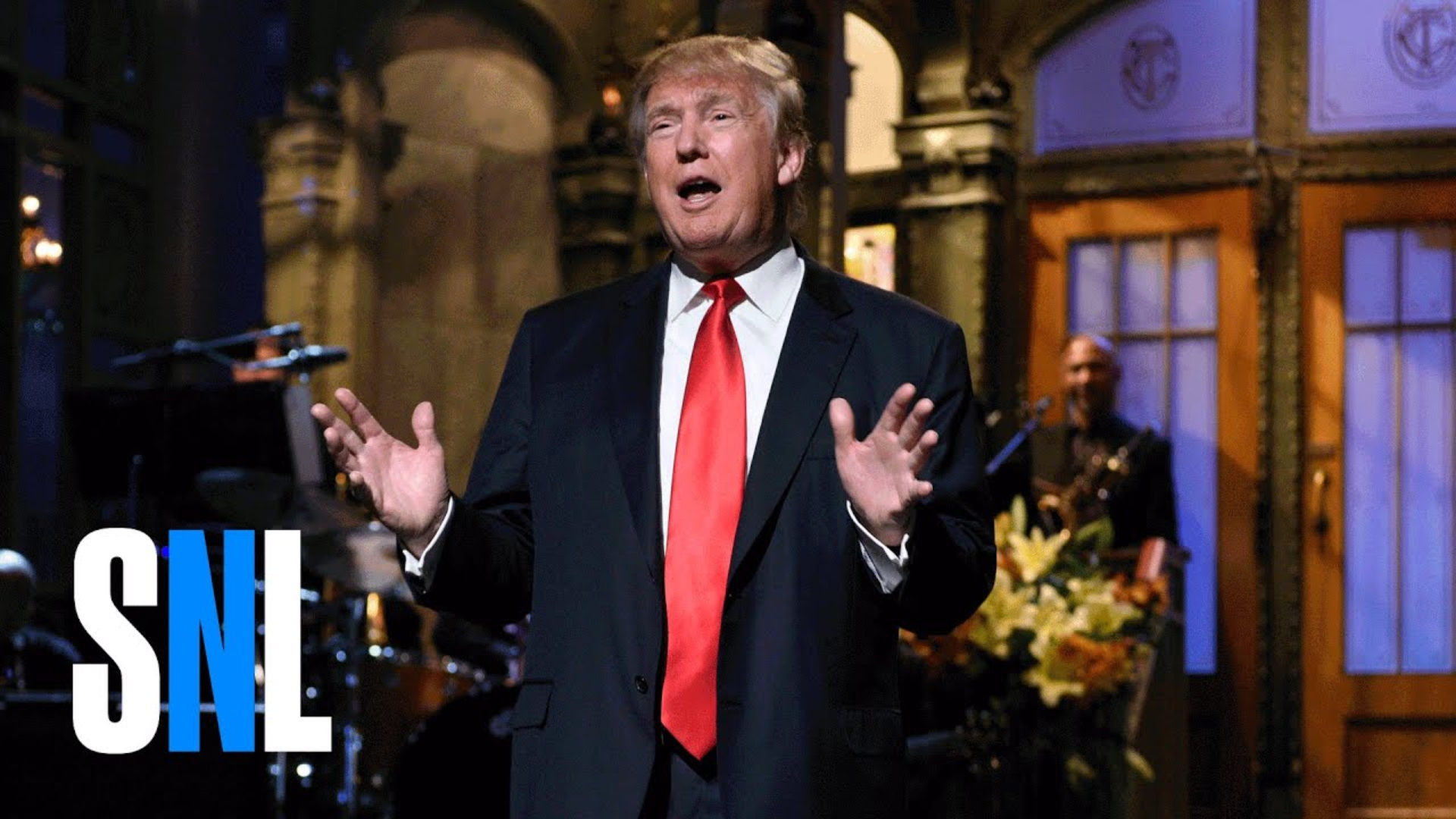
A family in Hingham, Massachusetts, has filed a lawsuit against Hingham High School after their son was accused of cheating for using AI to assist with a history paper.
The parents, Jennifer and Dale Harris, claim that the school’s response was unjust, as the school handbook had no guidelines on AI use at the time of the incident. This case could potentially lead to changes in AI policies across schools statewide.
Jennifer Harris argued that her son’s actions did not constitute cheating since he used AI only as a research tool, not to write the paper itself. However, school officials saw things differently and punished him with detention, which also impacted his grade.
As a result, he was barred from joining the National Honor Society and now faces potential consequences for college admissions.
“The handbook didn’t mention AI use before this happened,” Jennifer said. “They basically punished him for a rule that didn’t exist.”
The Harrises, both familiar with the AI debate—Jennifer as a writer and Dale as a school teacher—believe their son was unfairly treated and that his civil rights were violated.

Dale expressed frustration with the school’s approach, noting that the punishment was harsher than for other students. “In my lay opinion, they violated his civil rights,” Dale stated.
Their son, a high-achieving student with a perfect ACT score, had aimed to apply to top-tier schools like Stanford and MIT, but the situation may have hindered his chances.
“He’s already missed out on rolling admissions,” Jennifer explained.
The family’s lawyer, Peter Farrell, contends that the issue reflects a lack of clarity in school policies regarding AI. He emphasized that many resources argue that AI isn’t equivalent to plagiarism, underscoring the need for more precise guidelines.
“There’s a wide gulf of information out there that says AI isn’t plagiarism,” Farrell said. He believes that clearer policies would help educators and students understand AI’s appropriate use in academic settings.
The Harrises hope that their lawsuit will prompt the school to adopt clearer AI policies.

“I’d like them to put in place an AI policy that makes sense,” Jennifer said. She noted that it’s essential for teachers to understand and communicate these rules effectively.
Dale echoed this sentiment, expressing a desire for the school to take steps to address the issue. While he acknowledged that some consequences, like the Saturday detention and redoing the paper, can’t be undone, he stressed the importance of improving policies going forward. “There are some things you can fix right now and do the right thing,” he added.
The case has sparked discussions on the role of AI in education and the need for schools to keep pace with evolving technology. As AI continues to become a prevalent tool for research and study, schools may need to reconsider their policies to adapt to these changes.
This lawsuit could serve as a catalyst for establishing clearer guidelines on AI use in schools, helping to prevent similar disputes in the future.













